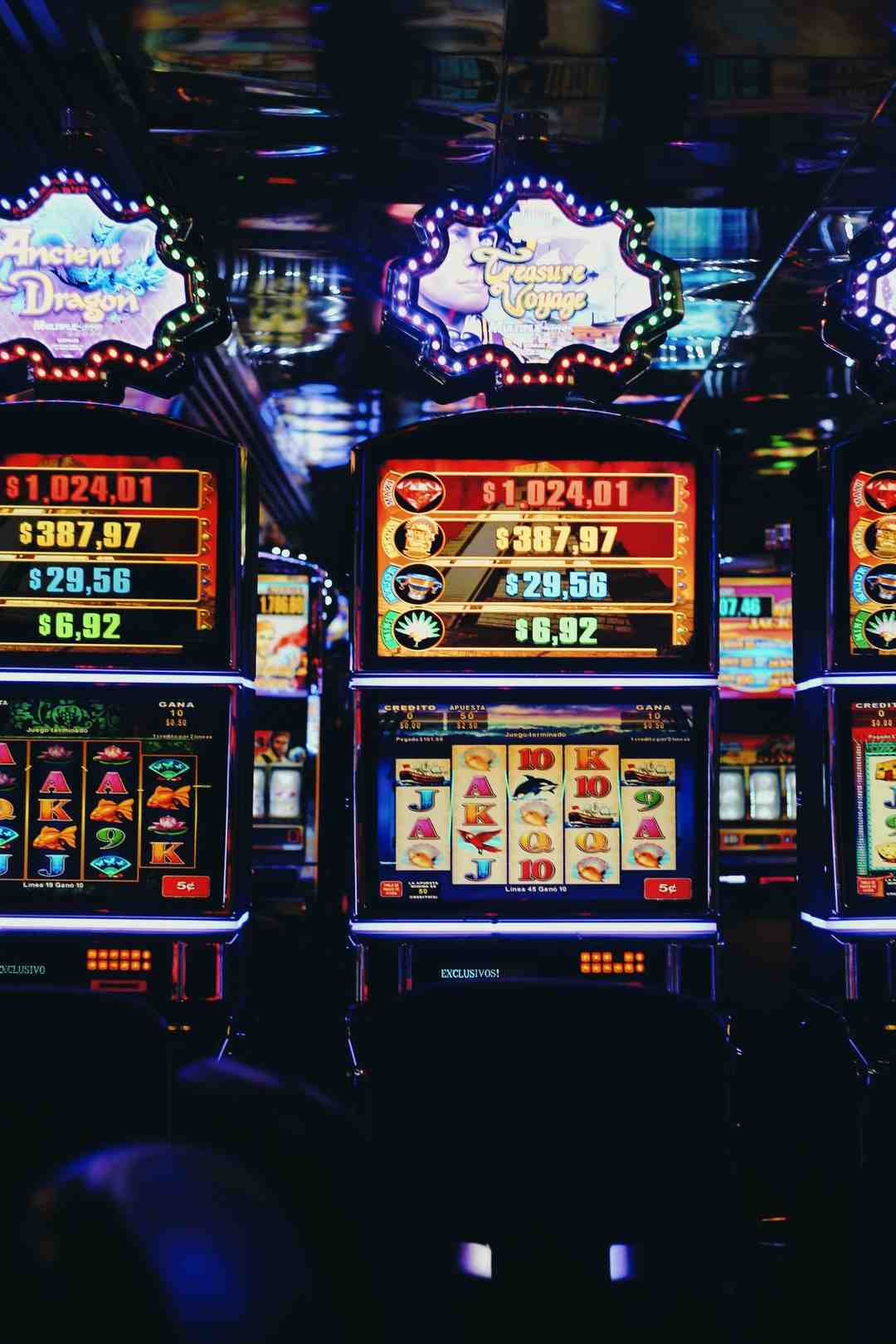
Casino gaming has long been a subject of interest and controversy, drawing in millions of players around the world. With a blend of luck, skill, and the thrill of uncertainty, casino games offer an exciting escape from everyday life. However, as entertainment becomes ever more available, it calls for a more thorough examination of the morality surrounding these games.
At the heart of the discussion lies the question of whether casinos promote safe gambling or take advantage of at-risk individuals. The allure of potential winnings versus the reality of losses can create a complex dynamic, and understanding this balance is crucial for both players and operators. As we delve into the ethics of casino gaming, we will explore the responsibilities of casinos, the effects on society, and the measures that can be taken to foster a better gaming environment.
The Impact of Casino Gaming on Society
Gambling in casinos has a significant influence on the community, affecting not only the economy but also social behaviors and community structures. The income generated from casinos can lead to employment opportunities and boost regional economies, as they provide multiple employment opportunities in different sectors including hospitality, entertainment, and retail. However, while the financial benefits can be substantial, communities often struggle with the possible negative impacts that arise from higher gambling activity.
Moreover, the presence of casinos can lead to an increase in gambling addiction, presenting significant challenges for individuals and families. The excitement of casino games can quickly transform into a habitual habit, affecting connections with others and leading to monetary issues. Many players may struggle with the loss of control over their gambling habits, resulting in a need for community support services and interventions to address this increasing issue. The social cost of addiction can ripple through kinships and neighborhoods, creating an urgent need for responsible gaming initiatives.
In addition to the economic and social consequences, casino gaming often reflects cultural attitudes towards risk and leisure. It can foster a sense of excitement and leisure, attracting tourists and boosting tourism. However, this allure may also mask the broader implications of gambling as a form of entertainment, provoking ethical questions about its promotion and accessibility. casino sicuri non AAMS As communities weigh the advantages and drawbacks of casino gaming, the need for sensible approaches and regulation becomes increasingly critical in ensuring that the positive aspects are maximized while minimizing the negative effects.
Moral Concerns in Gambling Activities
The morality of casino gaming often revolve around the potential for dependency and its consequences on individuals and families. Betting can lead to significant monetary distress, impacting not only the gamblers but also their loved ones. As individuals become caught in the allure of winning, many lose track of their budget, which can result in catastrophic results such as insolvency. This raises moral questions about the duty of gambling establishments in fostering safe gambling habits and offering support for those who may be struggling with betting addiction.
Another critical issue is the advertising of gambling to at-risk populations. Casinos often target low-income individuals or communities with the promise of fast rewards, which can perpetuate patterns of poverty and despair. In this context, the ethics of advertising strategies used by gambling establishments come under scrutiny, as they may take advantage of the need of individuals seeking an way out from economic troubles. This exploitation raises moral questions about the honesty of the betting industry and its obligation to protect its most vulnerable customers.
Additionally, the impact of gambling operations on society as a entirety cannot be ignored. While some argue that casinos create employment and boost local economies, others point to the social costs associated with dysfunctional betting, increased crime rates, and a strain on public resources. Balancing economic benefits with the risk for community issues presents a complex moral dilemma for policymakers and gambling operators alike. The challenge lies in discovering a responsible approach that takes into account the well-being of individuals and society while still allowing for the pleasure of gambling gaming.
Regulation Framework and Responsibilities
The regulatory system pertaining to gaming activities is created to ensure equity, trustworthiness, and gambler security. Multiple government agencies and gambling commissions create and apply regulations that dictate how casino activities function, the guidelines for product design, and the processes for managing prizes. These regulations differ by locale but usually involve permit requirements for providers and strict measures to avoid fraud and fraud.
In furthermore to oversight bodies, gaming businesses bear major responsibility in upholding principled standards within their venues. They must adopt ethical player practices that encourage participant safety and awareness, including presenting self-exclusion options and offering information about the risks associated with betting. Casinos are also accountable for educating employees to spot signs of compulsive gaming and understand the correct steps to assist visitors in need.
Additionally, transparency in gaming operations is vital for building and keeping public faith. Gaming establishments should provide clear information about the probabilities of games, marketing opportunities, and any related dangers. By fostering an culture of integrity and responsibility, gambling establishments can help reduce the possible adverse impact of betting while boosting the complete betting experience for all gamblers.
